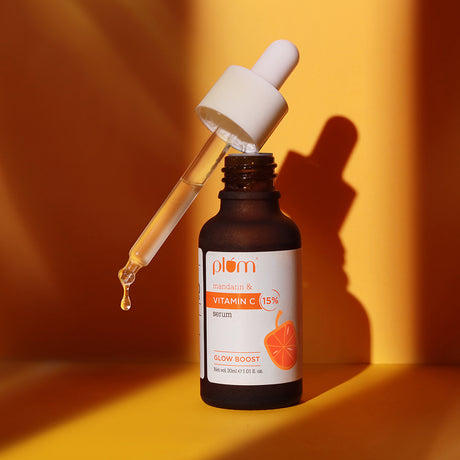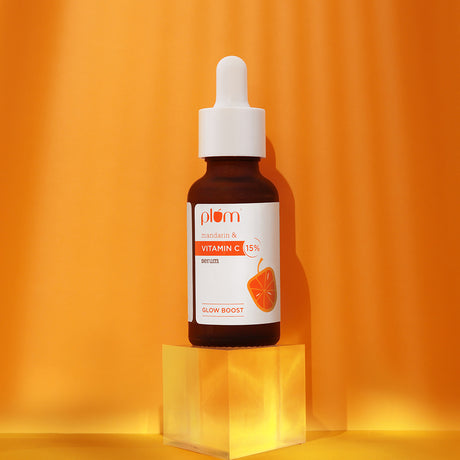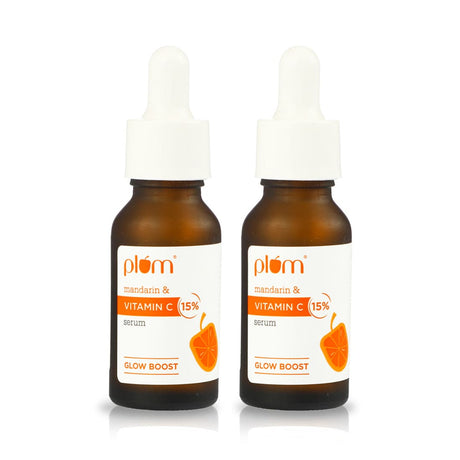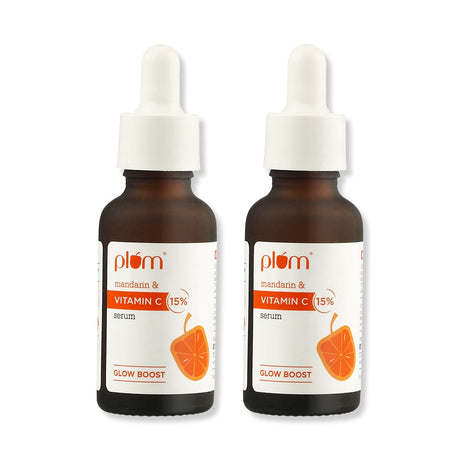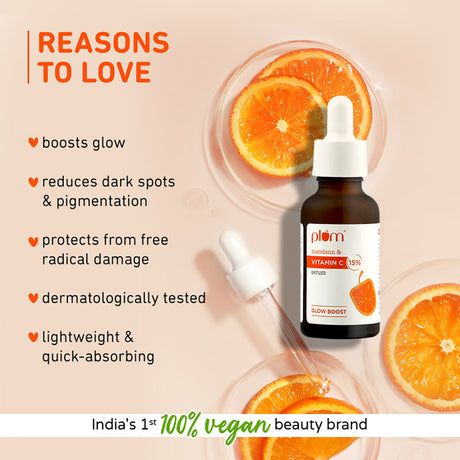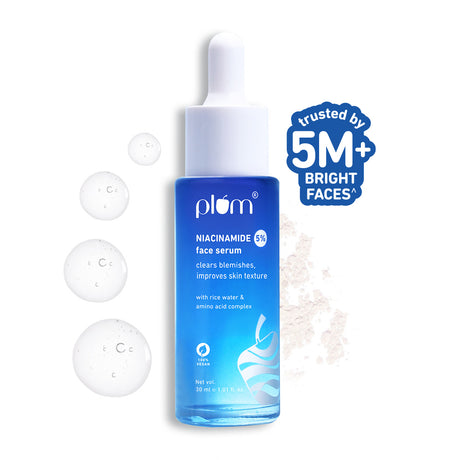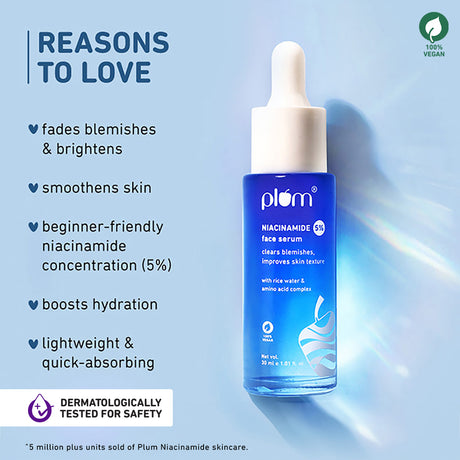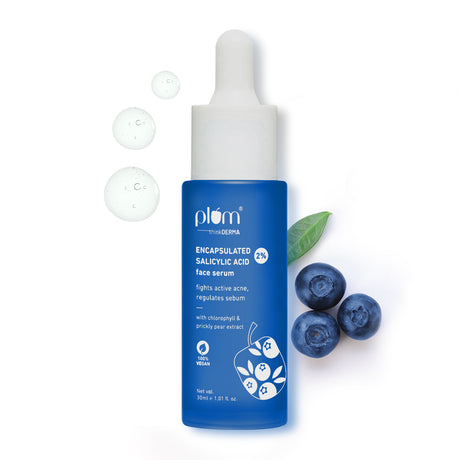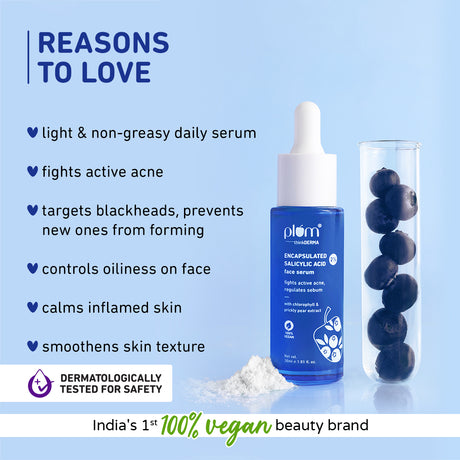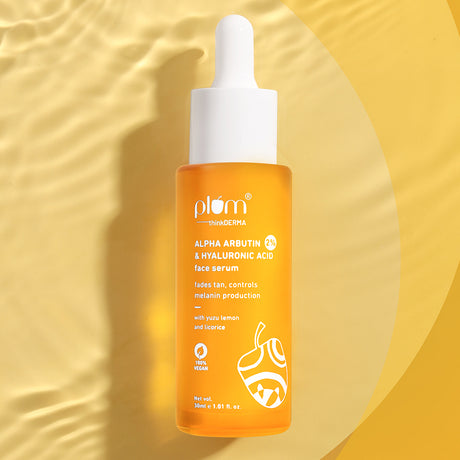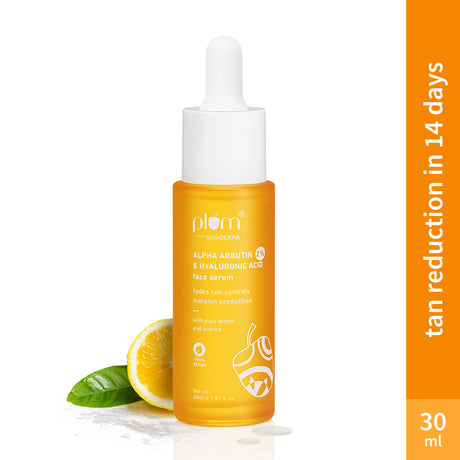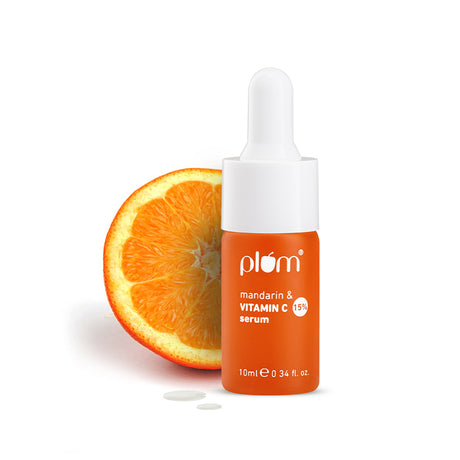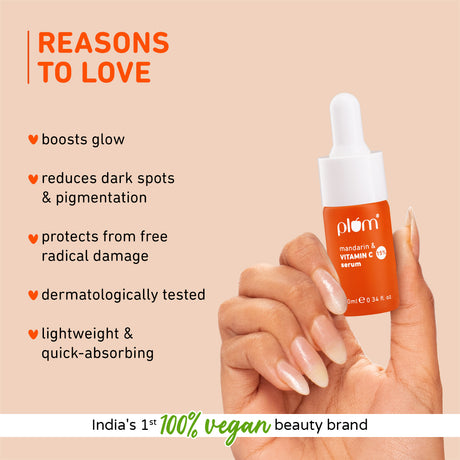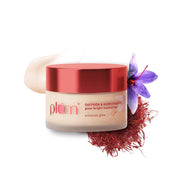-
15% Vitamin C Serum with Mandarin for glowing skin
Boosts Glow & Fades Dark Spots in 2 weeks | Dermat-Tested
all skin types₹663.00₹790.00(16% off)Unit price /Unavailable -
10% Niacinamide & Rice Water Brightening Face Serum
Brightens from 1st use | 2x instant hydration | Dermat-Tested
All Skin Types₹704.00₹849.00(17% off)Unit price /Unavailable -
5% Niacinamide & Rice Water Brightening Face Serum
Brightens Skin | Improves Skin Texture
all skin types15% off₹509.00₹599.00(15% off)Unit price /Unavailable -
10% Vitamin C Barrier Boosting + Glow Serum with Calendula
Boosts Glow from 1st Use | Fades Dark Spots in 14 days | Dermat-Tested
all skin types23% off 25% off₹499.00₹649.00(23% off)Unit price /Unavailable -
2% Encapsulated Salicylic Acid Anti-Acne Face Serum
Fights Active Acne | Controls Oil | Smoothens Skin
acne-prone oily15% off₹509.00₹599.00(15% off)Unit price /Unavailable -
2% Alpha Arbutin & Hyaluronic Acid Tan Fading Face Serum
Reduces Tan in 14 days |Suitable for Sensitive Skin | Dermat-Tested
all skin types15% off₹509.00₹599.00(15% off)Unit price /Unavailable -
10% Niacinamide Face Serum with Rice Water
Brightens | Fades Blemishes | Lightweight Milky Texture
all skin types15% off₹211.00₹249.00(15% off)Unit price /Unavailable -
15% Vitamin C Face Serum with Mandarin (10ml)
Boosts Glow | Fades Dark Spots | Fights Hyperpigmentation
all skin types15% off₹254.00₹299.00(15% off)Unit price /Unavailable
Serums for acne-prone skin
Acne-prone skin requires special care to manage breakouts and maintain a healthy complexion. Serums play a crucial role in skincare routines for acne-prone skin due to their concentrated formulas and ability to target specific skin concerns. Here is how serums can manage your acne-prone skin along with tips to choose the right ingredients that are essential for achieving clear, balanced skin.
Ingredients to look for in acne-prone skin serums
-
Salicylic Acid: Exfoliates the skin and unclogs pores, reducing acne and preventing new breakouts.
-
Niacinamide: Reduces inflammation and regulates oil production, helping to minimize the appearance of pores.
-
Hyaluronic Acid: Provides hydration without clogging pores, maintaining skin's moisture balance.
-
Green Tea Extract: Has antioxidant and anti-inflammatory properties that help fight pimples and the redness caused due to it.
-
Tea Tree Oil: Has natural antibacterial properties that help fight acne-causing bacteria.
-
Zinc: Reduces inflammation, minimizes pores and sebum production, preventing acne formation.
Benefits of using serums for acne-prone skin
-
Targeted Treatment: Serums deliver active ingredients directly to problem areas.
-
Oil Regulation: Helps control excess sebum production.
-
Hydration: Provides necessary moisture without making the skin oily.
-
Anti-inflammatory: Reduces redness and irritation associated with acne.
-
Fade Acne Scars & PIH: Help fade scars & pigmentation caused due to the acne flare-up.
Tips to choose the right serum for your acne skin
-
Consider your skin type: Choose the right formulation by considering your skin type, be it oily, dry, or a combination.
-
Read labels and ingredients: Look for key ingredients that target acne and avoid potential irritants.
-
Patch Testing: Always test a new product on the inside of your elbow to check for reactions.
Application tips for acne skin serum
-
Incorporate into skincare routine: Use serums after cleansing and toning, but before moisturizing.
-
Layering: Apply lightweight serums first, followed by heavier products.
-
Frequency: Start with once daily and gradually increase to twice if your skin tolerates it well.
Plum's best serums for acne prone skin
Explore Plum’s serums for acne-prone skin, specially curated to manage acne-prone skin, featuring key ingredients like salicylic acid and niacinamide for effective acne management.
2% Encapsulated Salicylic Acid Face Serum
10% Niacinamide Face Serum with Rice Water
5% Niacinamide Face Serum With Rice Water
frequently asked questions
When to use serums for acne-prone skin?
Use serums after cleansing and toning in the morning and evening for best results.
How to use serums for acne-prone skin?
Apply a few drops of serum to clean, dry skin, and gently pat it in until absorbed. Follow with a moisturizer.
What does serum for acne-prone skin do to the skin?
Serums for acne target acne, reduce inflammation, regulate oil production, and hydrate the skin.
How long do serums for acne-prone skin take to work?
Even with the best serums for acne-prone skin, depending on the severity of the acne concern, it can take a few weeks to a month to see significant improvements, although some benefits might be noticeable sooner.
When should I use serums for acne-prone skin in my routine?
Incorporate serums for acne after cleansing and toning, but before moisturizing, both in the morning and evening.
How to choose a serum for acne-prone skin?
Choose serums with key ingredients like salicylic acid and niacinamide, ensure they are non-comedogenic, and consult a dermatologist if unsure.


